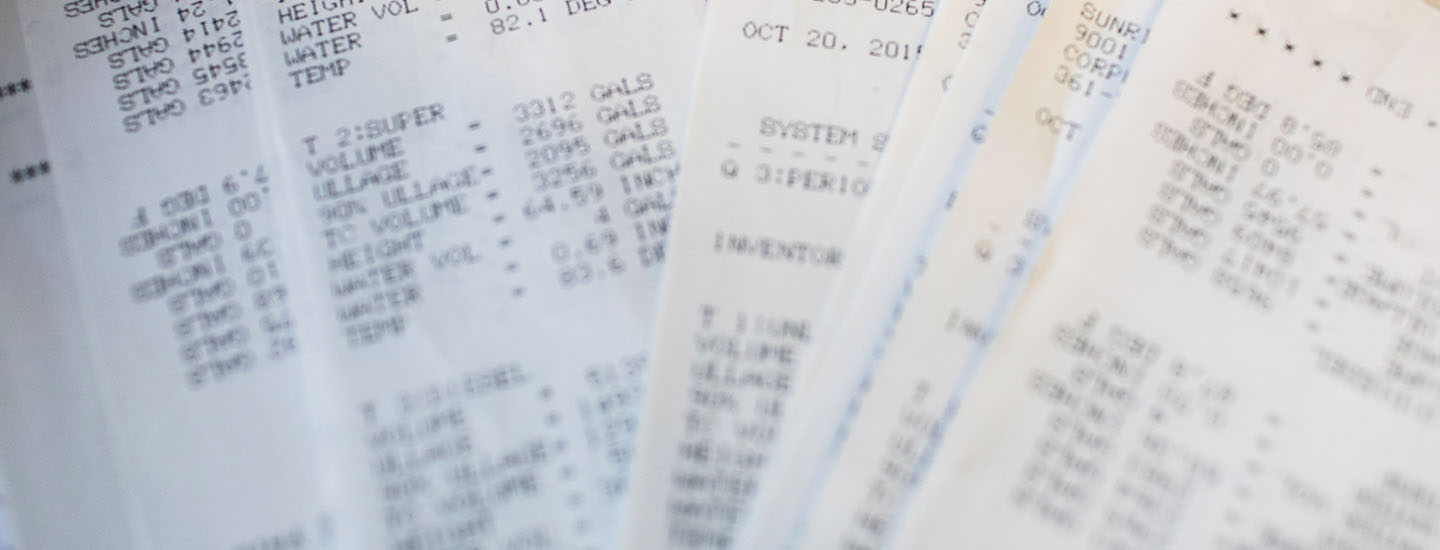October 23, 2018

Americas Infrastructure: Funding via Proposed Fuel Tax
by Ellen Skugstad, PacLease Fuel Tax Manager
As the need to repair the ageing infrastructure in the U.S. becomes imminent, legislators are proposing new bills and reforms to fund much needed projects. One potential source for funding is increased state fuel taxes. Many business groups support the proposed tax, as the funds will finance projects that will improve road conditions; making driving more comfortable, improving driving time, and reducing service costs caused by adverse road conditions.

While the federal government continues to debate the feasibility of fuel tax increases, many state governments have already begun or are considering fuel tax increases of their own to support state infrastructure funding. Indeed, managing fuel tax increases, in some form, may be a reality for fleets in the future.

As fleets know, the regulatory and legal requirements of filing fuel tax are complex and resource consuming. Fuel tax rates and filing requirements vary by state and change at varying intervals. Fleets that are not compliant with timely and accurate fuel tax filings can be subject to fines, late fees and interest, which add up quickly. So what’s a fleet to do?
Staying current on fuel taxes is the best way to avoid penalties or fines. PacLease recommends fleets have a strong fuel tax management program in place to support current needs and accommodate any potential tax regulation changes. To do this, fleets have fuel tax management options. One option would be to hire a dedicated tax accountant to stay current on changing fuel tax regulations, manage your fuel tax documentation, and timely file your taxes. Depending upon your fleet size and the plethora of routes, an additional team may be needed to accurately manage the documentation and tax filings. Another option is to hire a dedicated firm to manage the fuel taxes on your behalf. If you find that your accounting department is overwhelmed, and your fleet doesn’t have the budget to bring on more staff, a dedicated fuel tax service is probably the way to go.

PacLease has been providing fuel tax services for over 35 years through our PacTax service. With PacTax, fleets rely on our dedicated team of experienced industry professionals to manage all fuel tax filing requirements. With fuel tax management as the PacTax team’s sole focus, they compile and prepare tax filings and submit taxes to the correct states on the fleet’s behalf. It is important to remember that PacTax is an administrative solution for fuel tax management and filing. PacTax is not a tax advisory service.
With fuel tax regulations, it is imperative that fleet managers keep informed. Changes are looming; being aware and anticipating these changes will affect the way fleets operate. PacLease’s comprehensive PacTax fuel tax management solution can save your fleet time and money; and keep your business moving forward.
